Frontier Markets Weekly, April 17th 2022
Welcome to the latest edition of Frontier Markets News. As always, I would love to hear from you at dan@frontiermarkets.co with news ideas, feedback and anything else you find interesting.
If you’d like to receive this newsletter in your inbox every weekend, sign up at FrontierMarkets.co. Please also share this link with any friends or colleagues you think would enjoy it.
Africa
War raises African debt risk. The share of countries in sub-Saharan Africa at risk of default on sovereign debt has increased by 15% since October, according to the World Bank’s Africa Pulse report. Without better relief measures, the region faces the threat of a “large wave” of crises, the World Bank said.
Until there are more guardrails in place, experts say African nations should think twice about contracting non-concessional debt, Bloomberg reports. Sub-Saharan Africa’s regional economic growth forecast has shrunk to 3.6% from an expected 4% in 2021, according to the World Bank.

Countries across Africa are mired in the same inflationary anguish that has afflicted the rest of the world since the Russian invasion of Ukraine. In March, inflation rose to 15.92% in Nigeria and 10.5% in Egypt, according to economics data provider Trading Economics. —Noah Berman
Ghana prepares bond issuance as inflation surges. Ghana plans to issue $3.24 billion in bonds in the second quarter, with proceeds used to roll over maturing bonds and meet the government’s financing requirements, Reuters reports. Yields on existing Ghanaian bonds remained stable following the announcement.
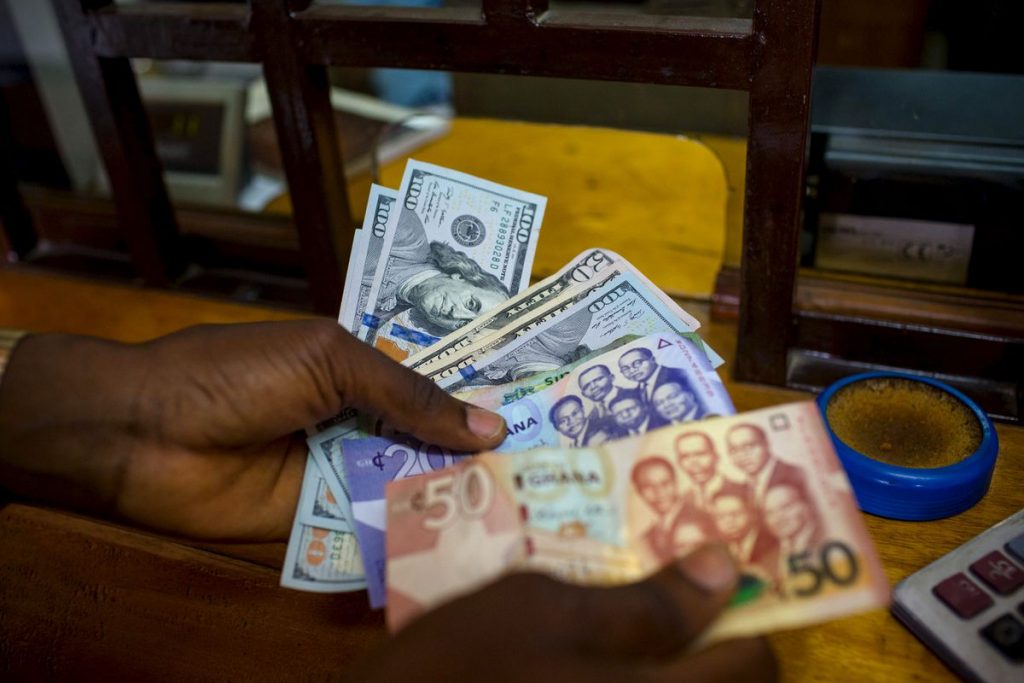
Despite a 250 basis point boost to the country’s key rate last month, consumer prices in Ghana rose 19.4% in March, as inflation reached the highest rate in 12 years, Bloomberg reports.
The Ghanaian cedi has fallen 20% against the dollar this year. Research firm Capital Economics said Ghana would probably need a full debt restructuring. —Noah Berman
Asia
Sri Lanka suspends foreign debt payments. The government in Colombo announced a suspension of payments on foreign debt last Tuesday, saying it would use its scant foreign currency reserves for food, fuel and medicine. Sri Lanka will continue to seek further lines of credit from the IMF, India, and China, but the decision to suspend payments is all but certain to prevent holders of the country’s debt from receiving full remuneration.
Payments will resume following a full restructuring of the country’s $11 billion worth of debt, the country’s finance ministry said.
Bondholders are likely to have to take a haircut of up to 50%, reductions in face values, and extensions in maturity dates, financial analysts project. Sri Lanka’s dollar-denominated bonds fell to fresh lows following the suspension of payments, according to data compiled by Bloomberg.
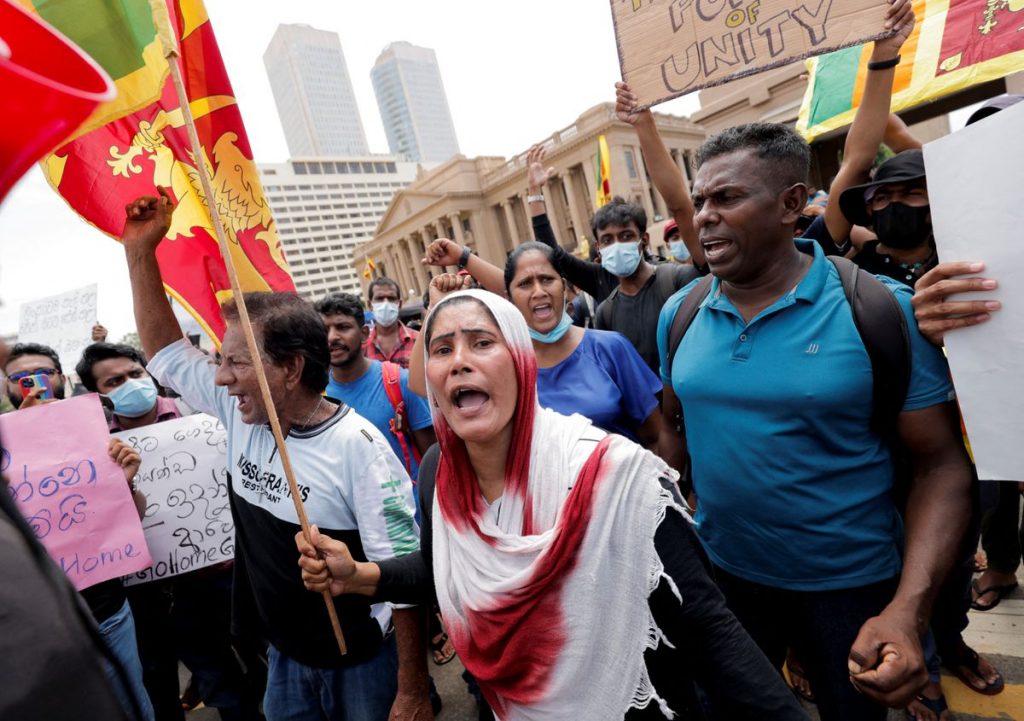
A delegation from Sri Lanka was expected to arrive in Washington this week with the goal of securing up to $4 billion from the IMF and other international lenders, Bloomberg reports. Sri Lankan diplomats are also “confident” that China will provide an additional $2.5 billion in financial support and India will supply an additional $2 billion, Reuters reports.
The island nation owes $7 billion in debt repayments this year, and foreign reserves currently sit at $1.94 billion. On Saturday, Reuters reported the SEC had ordered the Colombo Stock Exchange to close for five days. —Noah Berman
Sharif takes over as Pakistan PM. Former opposition leader Shehbaz Sharif was elected Prime Minister on Monday, replacing Imram Khan who lost a no-confidence vote. The vote to elect Sharif passed with 174 votes, two more than the minimum 172 needed. Sharif will now take the helm of a patchwork parliament, a union of disparate parties held together by its opposition to the now-ousted Khan.
Sharif will be tasked with tackling the country’s soaring inflation, heavy national debt and rising violent extremism.
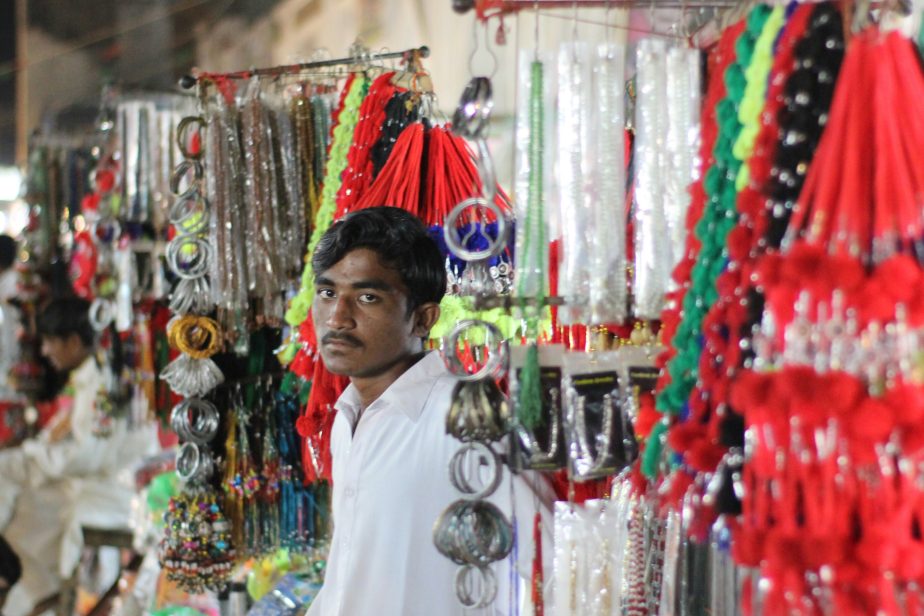
Inflation in Pakistan is expected to reach 15% by this summer, The Diplomat reports, and food prices have reached record highs following Russia’s invasion of Ukraine, according to the United Nations’ Food Price Index. Pakistan’s foreign reserves have dropped to $11 billion, after a $5 billion decline in March, Business Recorder reports. —Noah Berman
Western states urge Solomon Islands to reject China pact. An Australian government delegation arrived in the Solomon Islands on Wednesday, a rare diplomatic move in the month preceding elections. The purpose of the visit was to urge the archipelago nation not to sign a leaked security agreement it has been considering with China.
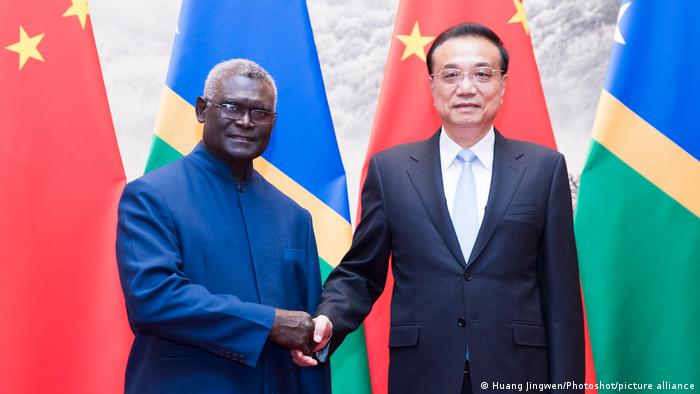
The US State Department continued discussions with officials in Honiara last Tuesday about opening an American embassy in the country’s capital.
Prime Minister of the Solomons Manasseh Sogavare sought to sooth concerns over the potential deal, saying Australia and New Zealand would remain the “partner of choice when it comes to the need to call for assistance in critical times,” Deutsche Welle reports.
The proposed agreement would grant China a dock for its navy in the Solomon Islands, 1,200 miles from the Australian coast. The Solomons have become closer to China since withdrawing its diplomatic recognition of Taiwan in 2019. —Noah Berman
Latin America
Chile’s president faces early setbacks amid drought, polarization, and violence. Having been elected on promises of radical change to Chile’s economic and political system, President Gabriel Boric faces stiff headwinds only a month into his administration, the FT reports. Popular support is waning for his movement’s centerpiece redrafting of the country’s dictatorship-era constitution. Increasingly radical proposals such as massive nationalizations and the elimination of the senate have pushed support for the new constitution down to 46% in April, the lowest level recorded by national pollster Cadem.
Violence has also been increasing in the restive south, MercoPress reports, with 2021 seeing eight deaths and over 1,200 violent acts. Boric initially took a more conciliatory approach to the indigenous Mapuche but ended up retaining emergency measures and now looks likely to further crack down after over 80 violent confrontations in the past month alone.
The government is also under increasing pressure from a drought, which is forcing officials in Santiago to introduce water rationing. Inflation is at a 14-year high and 83% of Chileans believe the economy is worsening, while Boric’s personal approval rating is slipping, too. —Ken Stibler
Cash transfers add to inflationary pressures but erode Lula’s lead in Brazil. Increased aid to poorer voters has further fueled inflation but appear to be boosting Brazilian President Jair Bolsonaro’s approval ratings, Bloomberg reports. A poll by Sao Paulo brokerage Genial Investimentos found that the government’s approval ratings have soared in the Lula-dominated north, suggesting a more competitive election than initially believed after the popular former president announced his campaign.
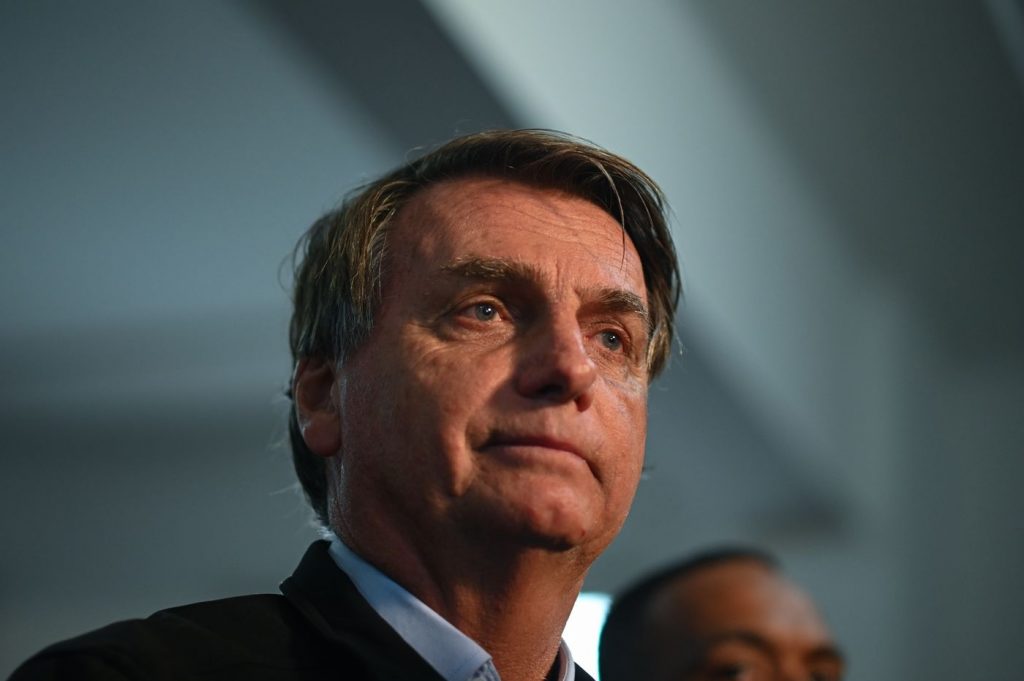
Lula’s declining lead highlights how government subsidies have become a key tool to engage a fickle political base in the poorer northern regions. Bolsonaro’s flagship social welfare program, Auxilio Brasil, had become crucial to his electoral fortunes, pushing poverty rates to a low of 4.8%. But fiscal constraints and rapid inflation throttled the program and saw poverty return to over 13% while inflation remained over 10%.
With households hurting, Bolsonaro is again introducing costly direct support measures, including tax exemptions for basic goods and a 165 billion real package of social spending aimed at the poor and middle class. —Ken Stibler
What we’re reading
Hundreds killed in South African floods, with key port badly hit. (WSJ)
Gambian president’s party narrowly wins legislative polls. (Al Jazeera)
Oil windfall prompts Angola to scrap overseas bond sale plan. (Bloomberg)
East African oil pipeline hits headwinds. (AP)
Ethiopia’s protracted civil war weighs on growth prospects. (Frontier View)
Germany tells Mali to halt work with Russian mercenaries. (DW)
‘Down with France’: Former colonies in Africa demand a reset. (NYT)
Egypt hikes fuel prices amid global inflationary pressures. (AP)
Thailand’s purchase of first Chinese submarine runs aground. (Nikkei)
China and South Korea lift Russian energy imports, undermining sanctions. (Nikkei)
China’s Jan-March overall trade with Russia rises 28% to $38.2bn. (Nikkei)
China’s economy set for interest rate cut, liquidity boost after Beijing promises ‘timely’ support. (South China Morning Post)
Yoon shows will to tighten South Korea’s finances. (Nikkei)
Central Asian neighbors to feel the pain as Kazakhstan suspends wheat and flour exports. (Radio Free Europe)
Philippine former dictator’s family stages a stunning political comeback. (WSJ)
At least 20 dead in Philippines after flooding, landslides. (WSJ)
Turkey targets nuclear and local gas to reduce energy imports. (Nikkei)
Why Egypt remains wary of Turkey rapprochement. (Middle East Eye)
Saudi Arabia and Kuwait to develop gas field despite Iran’s condemnation. (Al Jazeera)
Moldova asks Gazprom for more time on debt audit. (BalkanInsight)
World Bank to send Ukraine $1.5 billion as food, energy prices spike. (Reuters)
China delivered FK-3 missile system to Serbian military, state media says. (South China Morning Post)
Russia may already be in default, Moody’s says. (Reuters)
Cyprus starts to strip citizenship from four Russian billionaires. (Radio Free Europe)
Putin accuses Western banks of failing to pay for Russian gas in rubles. (Radio Free Europe)
El Salvador president’s mass arrests are ‘punitive populism’. (AP)
Biden’s team is divided over new talks about oil with Maduro in Venezuela. (Miami Herald)
Inflationary pressures stemming from the war in Ukraine trigger protests in Peru and Argentina. (FrontierView)
Venezuelans flee again, this time to the US. (WSJ)


